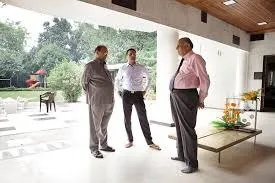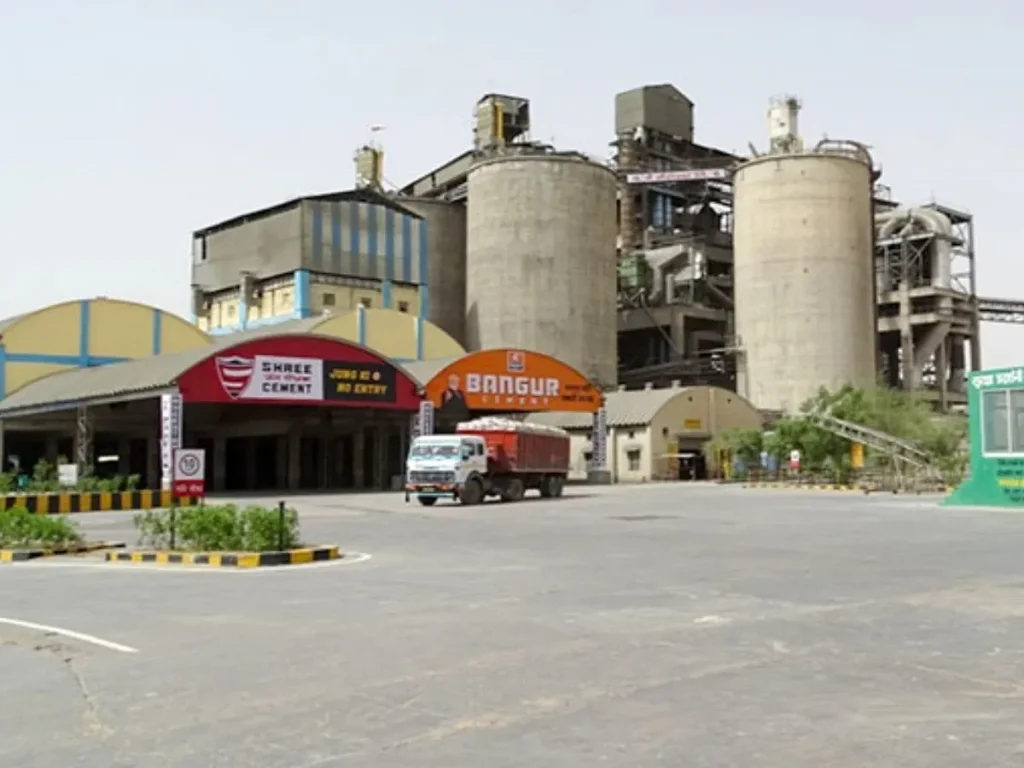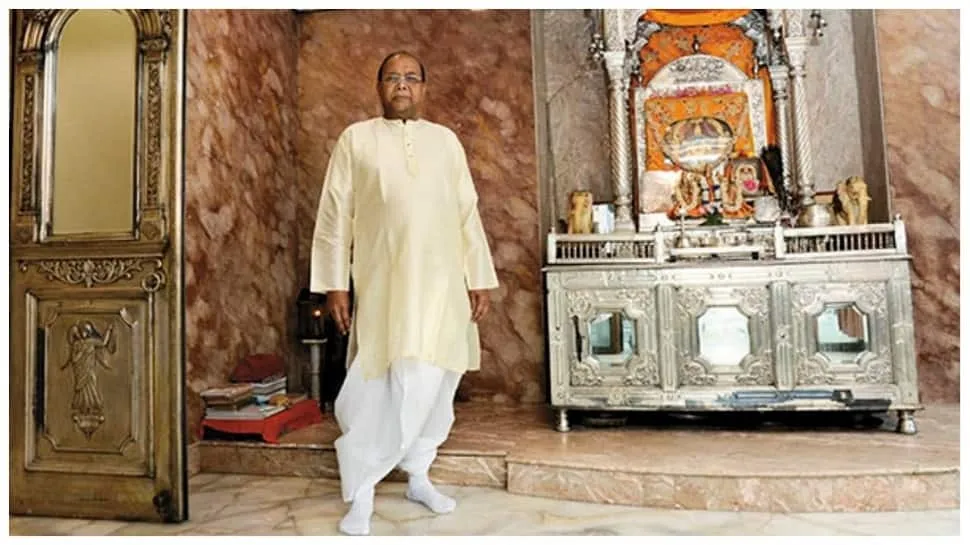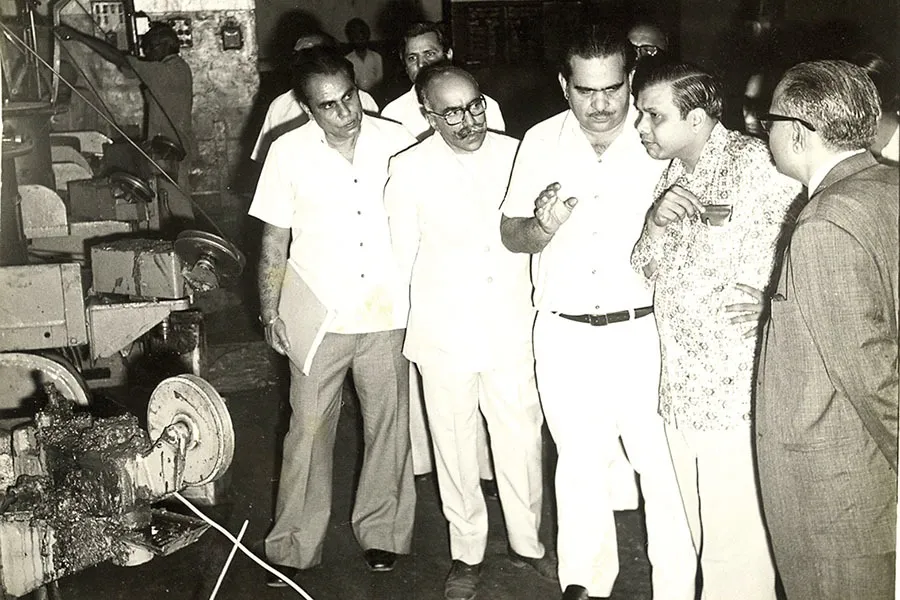
Benu Gopal Bangur, born into a traditional Marwari family in Kolkata, has become a testament to the power of blending academic prowess with entrepreneurial acumen. His journey from a stockbroker in his family business to the head of one of India’s largest cement companies is a story of dedication, innovation, and resilience.
Benu Gopal Bangur was the first in his family to graduate, earning a B.Com (Hons.) degree from Calcutta University. After graduation, he joined his family’s stock broking business, gaining invaluable experience in finance and business management.
In the 1960s, under the leadership of Bangur’s grandfather, Mugnee Bangur, the family business diversified into jute, tea, paper, and cotton, becoming one of the wealthiest families in India. As the business expanded, Benu Gopal Bangur was tasked with a new challenge: setting up a cement business in their native place, Beawar, Rajasthan.

On October 25, 1979, Shree Cements was incorporated, marking the beginning of a new chapter for the Bangur family. To minimize fuel and power consumption, Bangur adopted the latest dry process and an air-swept roller mill grinding system for raw material and coal grinding. In 1984, Shree Cements went public on the Bombay Stock Exchange (BSE), and by the following year, it had deployed its first integrated cement plant with an annual capacity of 0.6 metric tonnes.

In 1985, Shree Cements commenced production in Beawar, equipped with a 13.6 MW diesel-generating set for power-saving. By 1997, Shree Cements had become one of the largest cement companies in North India, with a second plant in Beawar boosting its production capacity to over 2 million tonnes annually.
In 1997, the Bangur family’s 84-year-old business empire was divided among five brothers. Benu Gopal Bangur, now at the helm of Shree Cements alone, commissioned the first 6 MW captive thermal power plant and began selling power to distribution companies by 2009. This diversification into power sales proved to be a significant growth driver for the company.

By 2012, Shree Cements’ revenue had soared to Rs 4,544.31 crore, with Rs 1,045.94 crore coming from its power division. The company offered a range of cement products, including Shree Ultra OPC and Jung Rodhak for buildings and rust prevention, as well as Bangur Cement and Rockstrong for harsh environments.
As India modernized, Bangur saw the need for more premium brands. In 2019, he launched Roofon and Bangur Power to cater to high-value customers. This strategic move paid off, with Shree Cements achieving revenues of Rs 12,588 crore and profits of Rs 4,413 crore by 2021.
Today, Shree Cements, rebranded as Bangur Cements, boasts a power capacity of 983 MW and produces 53.4 million tonnes of cement annually across 23 plants worldwide. With a valuation of Rs 100,690 crore, it stands as the third-largest cement company in India.
At 93, Benu Gopal Bangur’s net worth is Rs 62,320 crore, but his impact extends beyond business. His Project NAMAN addresses key social issues, reaching 10 million people across 255 villages in India. This initiative underscores Bangur’s commitment to using his success to give back to society.
